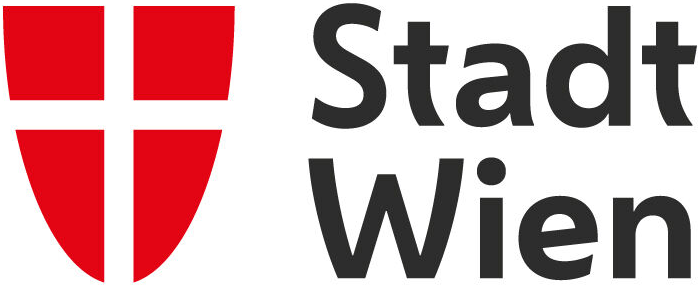On this year’s Holocaust Remembrance Day, we would do well to remember that when Adolf Hitler assumed the chancellorship in January 1933 nobody, by many accounts not even he himself, could envision the genocidal horror that would engulf Nazi-occupied Europe less than a decade later. Only a hard core of anti-Semites was drawn to Hitler’s party by its anti-Semitic vitriol. Most of the 37% of German voters who chose the party in the parliamentary election that represented the high watermark of electoral support for Nazism in free elections did so not because but despite its anti-Semitism, attracted largely by a message of national reinvigoration.[i]That this reinvigoration was premised on the exclusion – and eventual extermination – of those considered “other”, foremost among them Jews, did not bother them and troubled even fewer during the pre-war years of the Nazi reign, when Germany, successfully breaking the strictures of Versailles and economically buoyed by an armaments program, seemed to be achieving the promised national revival. Even during the war, when rumors about the extermination in the East spread, the German public by and large cared more about its own war-induced misfortunes and considered the Holocaust mainly in so far as it feared Jewish retribution once the dream of national greatness, as was becoming predictable, came crashing down.[ii]
Today, we once again live at a time when messages of specifically national reinvigoration abound. The 5thHumanitarian Congress Vienna will take place the day that, if no extension is granted, the United Kingdom exits the European Union, an exit that, for those who believe in its potential, is built on the promise of sovereignty and national rejuvenation. Influential far-right parties on the continent, from the Alternative for Germany over Austria’s and the Netherlands’ Freedom Parties, the Front National, Denmark’s Folkeparti and the Sweden Democrats, to Poland’s Law and Justice party and Hungary’s Fidesz, while they vary in many ways, all similarly trade in visions of national renewal – and all consider the exclusion of “others” the prerequisite therefor. Brexit, for one, has been correlated with a rise in xenophobic and anti-Semitic offences, with the year 2017 seeing the highest reported number of Islamophobic crimes since recording thereof began and the highest count of anti-Semitic incidents in over two decades.[iii]Meanwhile, members of far-right parties peddle anti-Semitic conspiracy theories and attendant calls to root out Jewish influence that would have been to the taste of Julius Streicher, editor of the notorious Stürmer. Holocaust deniers and apologists, as well as Islamophobes, are active in all the listed parties. Certainly, many support these parties and their leaders for reasons other than the hatred they too often spew. And certainly Germans’ dreams of national rejuvenation did not have to lead to the Holocaust; a different far-right government might well have “merely” rolled back Jewish emancipation, for example.[iv]But nonetheless, when we call for a voice for our country and ourselves, when we demand notice be taken of strongly felt and often legitimate concerns and grievances, let us make sure that this does not come at the price of endorsing, however by the by, agendas of exclusion. Let us always maintain the faith that human rights are inherent and inalienable, not the bargaining chips of politics. Otherwise, “Never again” is a meaningless phrase.
By Luisa Hulsrøj, PhD candidate in Modern European History at the University of Cambridge
[i]Peter Fritzsche, Germans into Nazis(Cambridge: Harvard University Press, 1998), 159-160.
[ii]Ian Kershaw, Hitler, the Germans, and the Final Solution (New Haven: Yale University Press, 2008), 197-207.
[iii]“Anti-Semitism: Has it become more common?”, accessed January 24, 2019, https://www.bbc.co.uk/news/uk-politics-45409151.
[iv]George Mosse, The Crisis of German Ideology: Intellectual Origins of the Third Reich(London: Weidenfeld & Nicholson, 1966), 252.


















